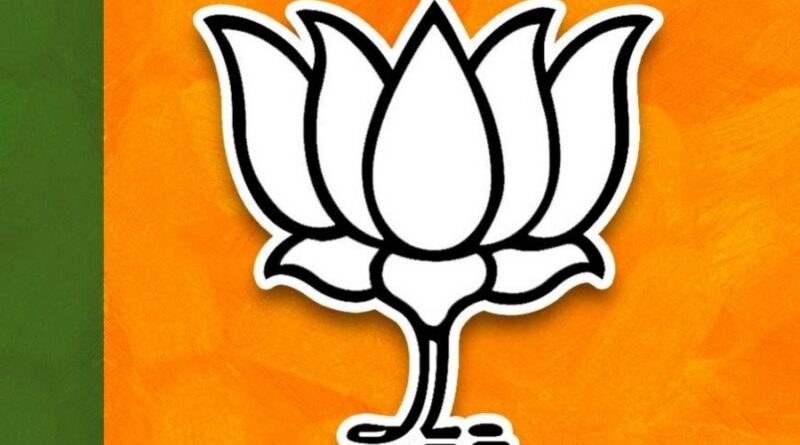Difference between BJP and Congress party
The Bharatiya Janata Party (BJP) and the Indian National Congress are two of the most significant political parties in India. While both parties have been instrumental in shaping India’s political landscape.
- Ideology
The BJP is a right-wing political party that subscribes to the ideology of Hindutva, which emphasizes the cultural and religious identity of Hindus. The party believes in the supremacy of the Hindu culture and values and has a strong nationalistic agenda.
On the other hand, the Congress party is a left-of-center political party that advocates for secularism, socialism, and social welfare policies. The party believes in the separation of religion and state and advocates for equality and social justice.
- Leadership
The BJP is currently led by Prime Minister Narendra Modi, who has been in office since 2014. Modi is known for his strong leadership, decisive actions, and innovative policies.
The Congress party, on the other hand, has been in a leadership crisis in recent years. The party’s current leader is Rahul Gandhi, who is the scion of the Nehru-Gandhi dynasty that has dominated Indian politics for decades.
- Policies
The BJP’s policies are centered on economic liberalization, national security, and social conservatism. The party has implemented several pro-business policies, such as the Make in India initiative, which aims to boost domestic manufacturing and attract foreign investment.
The Congress party’s policies are focused on social welfare and economic equality. The party has advocated for policies such as the Mahatma Gandhi National Rural Employment Guarantee Act, which guarantees 100 days of employment to rural households.
- Electoral Strategy
The BJP’s electoral strategy is based on building a strong nationalistic identity and appealing to the Hindu vote bank. The party has been successful in using social media and technology to mobilize supporters and spread its message.
The Congress party’s electoral strategy is based on building a broad-based coalition of voters, including minorities, Dalits, and other marginalized groups. The party has been successful in forming alliances with regional parties and leveraging their support to win elections.

